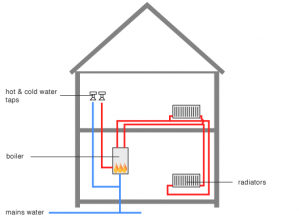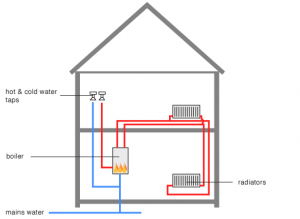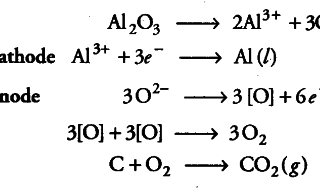To accomplish Limited-Attendance or Unattended arrangement, the kettle is dependent upon strict legal oversight covering activity, support, adjusting, and record keeping. Kettle codes and principles necessitate that boiler grants in either class be outfitted with a base, indicated stock of security gear that will consequently close down the heater in case of a possibly dangerous condition. The order applied to a specific bundled kettle will generally rely upon the modernity of the BCS or, some of the time, the sort of fuel that is terminated. For instance, a 10 MW kettle terminating gaseous petrol may accomplish unattended order where a comparative 10 MW evaporator from a similar maker yet completing strong fuel might be delegated restricted participation. Completing strong fills, especially those with a variable dampness content, is at times something of dark craftsmanship requiring a level of aptitude and experience. In this present creator’s purview, unattended strong fuel boilers are by the by normal in any event, for huge boilers more than 20 MW limit and frequently in different evaporator establishments. The key contrasts between the Limited-Attendance and Unattended methods of activity are:

Restricted Attendance
- A suitably qualified administrator or dependable individual must be nearby consistently that the kettle is in administration;
- Codes and norms normally necessitate that the kettle be constantly administered during startup and closure periods;
- During the ordinary activity, the restricted participation mode considers occasional checking of the evaporator at set least stretches instead of ceaseless oversight;
- Limited-Attendance boilers may whenever be brought heavily influenced by a suitably qualified administrator and worked in the completely gone to mode under consistent management;
- The administrator or dependable individual must be nearby consistently that the evaporator is in administration and must be promptly accessible whenever required.
Unattended
- Where the unattended activity is allowed, a certified administrator is certifiably not an obligatory necessity. A suitably prepared “Capable Person might administer the heater”
- The administrator or mindful individual may leave the site given that the person in question is accessible to react to kettle blackouts. That is normally accomplished by a pager or cellphone signal communicated by the BCS;
- In numerous wards, unattended boilers may fire up and shut down consequently heavily influenced by the BCS given that they are reasonably prepared as per the general inclination of an affirmed review body
- Unattended boilers are permitted to work solo for expanded periods, and in many wards, this is right now 24-hours. Ongoing control and observing frameworks advancements by certain producers nonetheless have seen that period stretched out in certain communities. The 72H documentation in Europe, for instance, implies that the heater is endorsed for an unaided activity for times of as long as 72-hours;
- Boiler codes in many wards explicitly restrict the arrangement for manual intercession in the exercise of unattended boilers. The BCS should heavily influence them. That is, they may just be worked in solo mode. They may not be used in went to way under any conditions in any event, for brief periods and regardless of whether a certified administrator is accessible.
Preparing Requirements
Boilers that are ensured for unattended activity don’t need a certified administrator. This unwinding of the monitoring prerequisites forces considerable commitments on kettle proprietors, regulators, producers, and examination bodies to guarantee consistency with evaporator codes and other applicable enactment and, that heater administrative and upkeep staff get satisfactory preparing. Resistance will quite often be deciphered as a break of Occupational Safety and Health enactment which can bring about extreme punishments, especially if the rebelliousness is found because of an episode or mishap.





